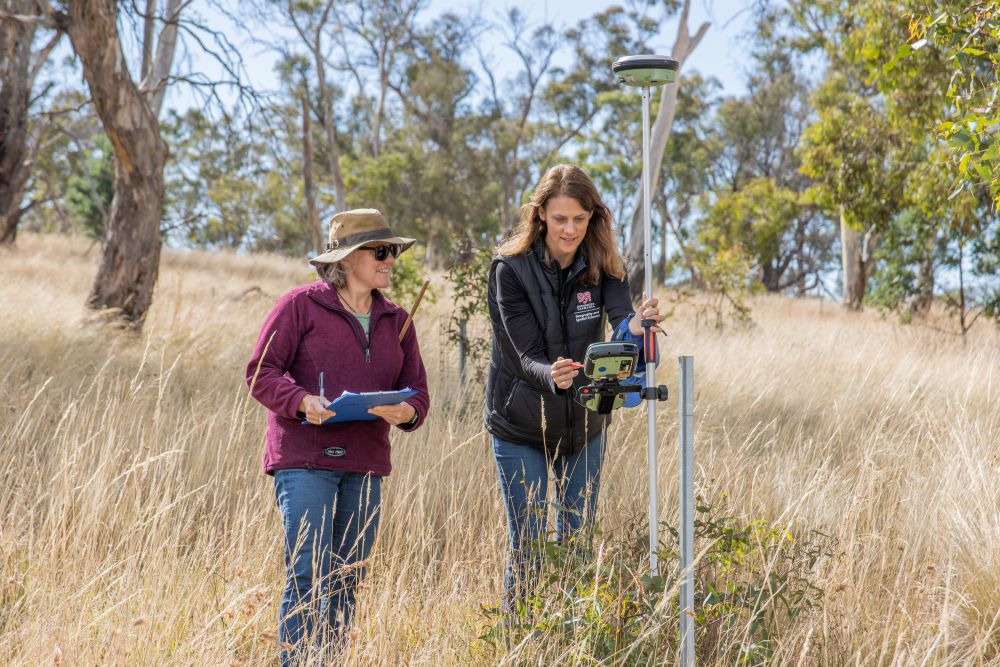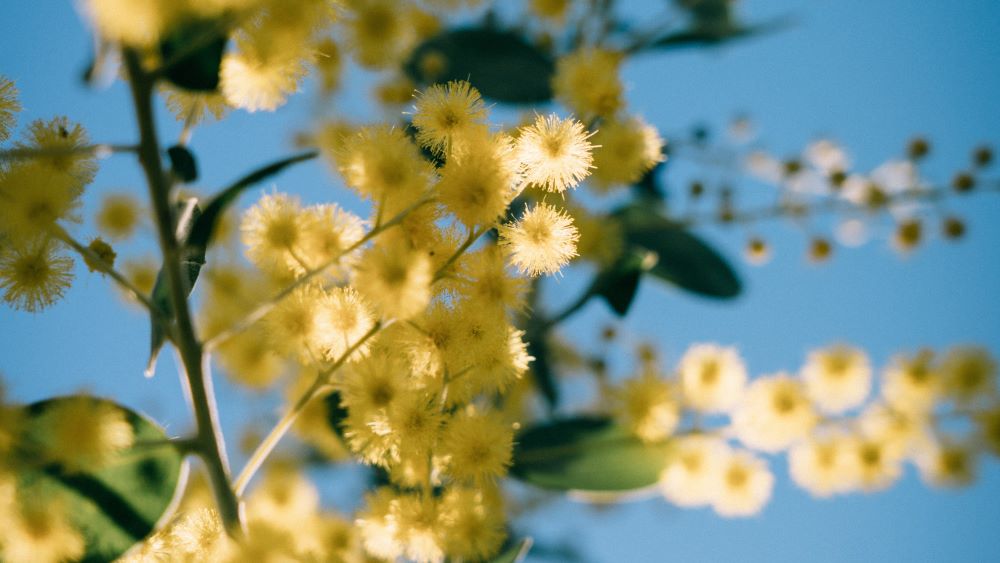An alarming 58 per cent of all plant species around the world that are unique to a single country have no conservation assessment, according to a new report published globally today: Kew’s State of the World’s Plants and Fungi 2023.
Conservation assessments provide key information on the population sizes and ranges of species, how their extent has changed over time, and their exposure and sensitivity to threats.
This information is used by governments to develop plans to conserve and recover threatened species and in countries like Australia and the United States, fulfil their environmental legislative requirements.
Conservation and planning researcher, Associate Professor Vanessa Adams from the University of Tasmania's School of Geography, Planning and Spatial Sciences, and her colleagues, contributed to research in the new report, which takes a deep dive into the state of global biodiversity and highlights critical knowledge gaps.
“We looked specifically at endemic species – plants that only exist in one country, and which account for 64 per cent of the earth’s plants,” Associate Professor Adams said.
“We found that 10 nations host just over half of all species that grow in only one country.
“Brazil, Australia and China are the top three countries hosting the highest number of species that grow nowhere else.
“Almost 9 in 10 Australian plant species (88 per cent) are endemic.
“Of the 221,399 plants unique to a single country, 127,643 of these species have no conservation assessment, meaning their extinction risk status is unknown.”
Due to their small range, scientists fear climate change is becoming an increasing risk to endemics.
“This data highlights a major conservation priority that needs addressing in the countries found to be performing poorly in their conservation obligations,” Associate Professor Adams said.

The report found that a country’s wealth was unrelated to whether it had completed conservation assessments for its endemics, and Australia was found to be performing poorly.
Of Australia’s known 18,714 endemic plant species, including orchids, eucalypts, heaths, banksia, acacias, Callitris pines and many more, only 39 per cent currently have conservation assessments.
Other countries have demonstrated that having high numbers of endemic species is not a reason for reduced assessment levels, with South Africa having assessed 87 per cent of their unique species.
“This is actually one issue that cannot be delayed without dire consequences,” Associate Professor Adams said.
“Inaction now will mean we miss the window for meaningful action for some of these species and see our precious unique plants in Australia and around the world disappear forever – we need to accelerate our assessment efforts immediately.”
The research highlighted in this article was first published in Plants People Planet: Global shortfalls in threat assessments for endemic flora by country.
Fast facts from Kew’s State of the World’s Plants and Fungi Report 2023.
- Race against time: 77% of undescribed vascular plants and 45% of known flowering plants estimated to be threatened with extinction
- Urgent action: Scientists call for newly described species to be treated as threatened
- More than 18,800 new species: Treasure trove of plants and fungi named since start of 2020
- Critical knowledge gaps: 32 plant diversity ‘darkspots’ of knowledge identified.



